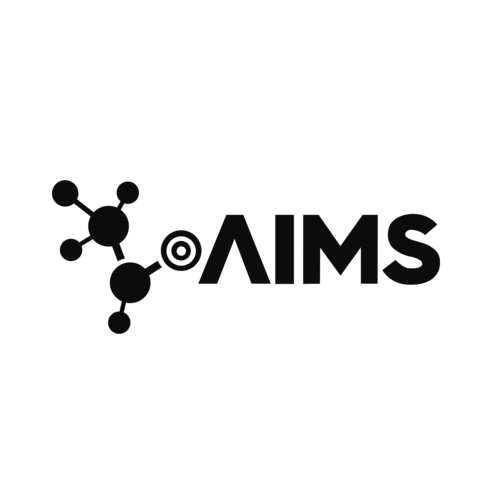Together with partners from the universities in Aachen, Darmstadt, Freiburg and Rostock, as well as the Fraunhofer Institute for Mechanics of Materials, the kick-off for the second funding phase of the Applying Interoperable Metadata Standards (AIMS2) project took place at ULB Darmstadt on May 27-28, 2025.
AIMS enables scientific communities to develop modular profiles for recording and validating metadata. This supports researchers to document their research data in accordance with the FAIR principles. An editor assists in creating new RDF-based profiles from existing ontologies via a drag & drop interface, ensuring the metadata is suitable for use in knowledge graphs. A modular approach also ensures a high level of metadata interoperability.
In the second project phase funded by the DFG, AIMS2 pursues two central objectives: First, the further development of the AIMS software, which is used, for example, as part of the NFDI4ING Metadata Profile Service and Coscine. The aim is to simplify the creation of profiles and enable communities to establish their own platforms for discipline-specific, curated metadata profiles. Second, to extend domain-specific functionality by developing discipline-specific metadata profiles and integrations into electronic lab notebooks such as eLabFTW and openBIS.
Researchers in surface and interface physics (University of Rostock) and materials science (University of Freiburg; Fraunhofer Institute IWM) are modelling new profiles in order to optimise the documentation of their research processes using AIMS. ULB Darmstadt coordinates the project and focuses on modelling support and training. The IT Center at RWTH Aachen University is further developing the AIMS software, while Rostock University Library is responsible for integrating AIMS into eLabFTW and the Fraunhofer IWM handles the integration with openBIS.
We are pleased with the successful start of the project and look forward to working together in this second phase! Further information on the project.
The AIMS project is funded by the German Research Foundation (DFG) under the project number 432233186

